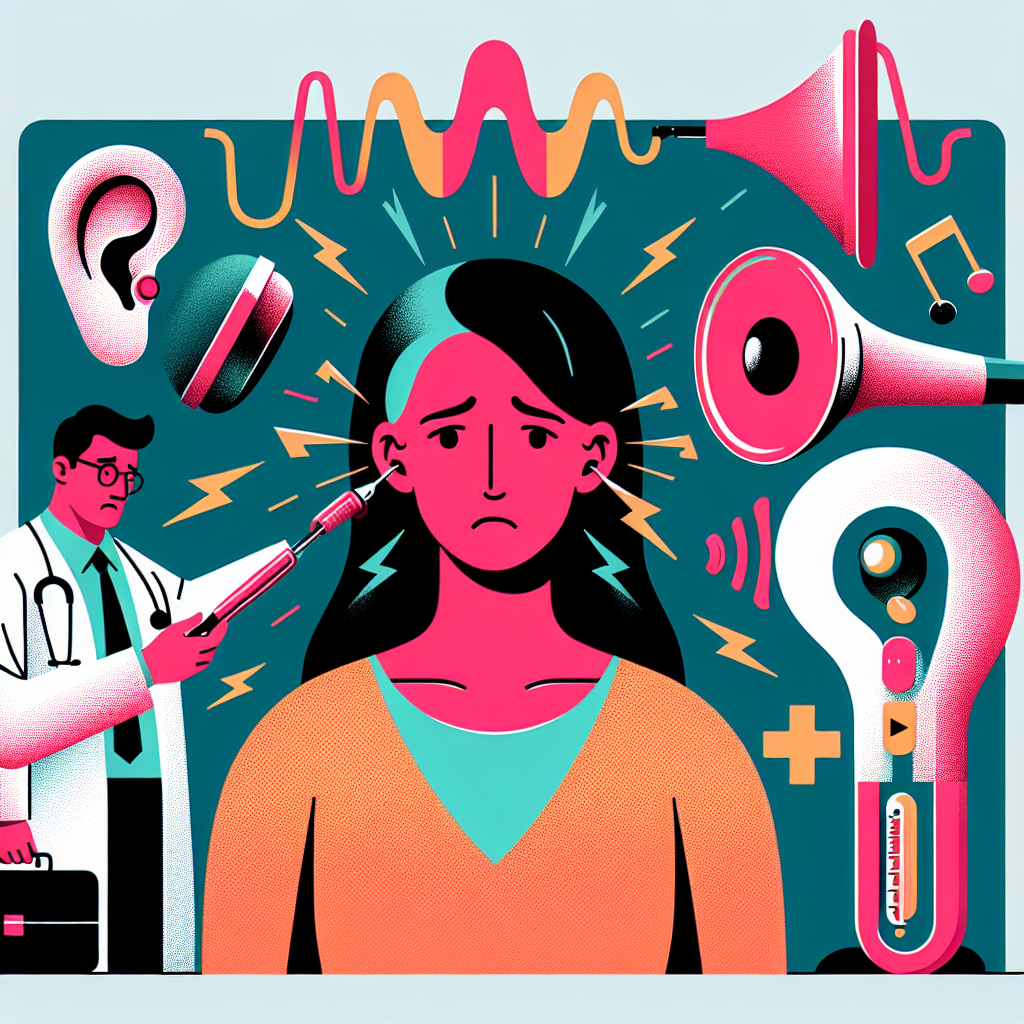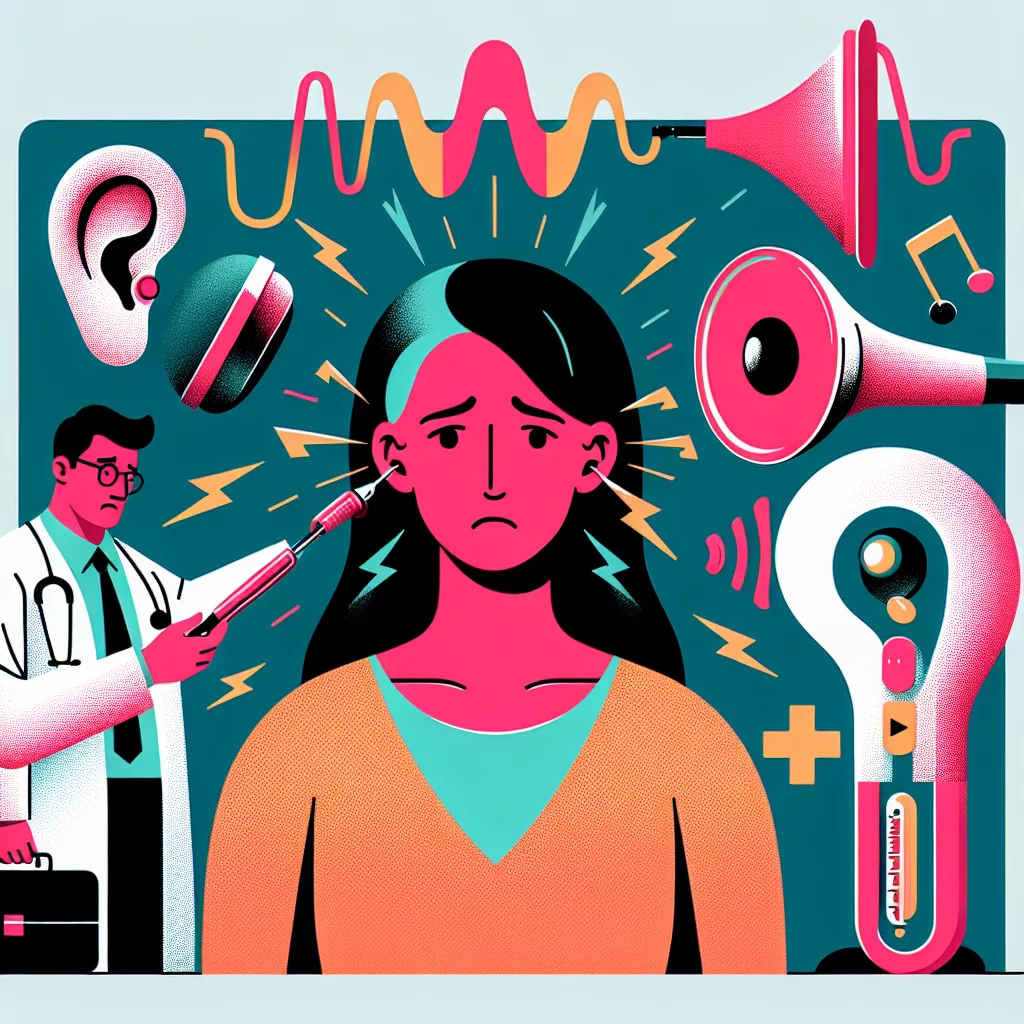As an audiologist, you encounter unique challenges that can heighten your risk of burnout. Understanding these factors is crucial for maintaining your well-being.

- High emotional demand from patient interactions.
- Inadequate staffing leads to increased workload.
- Frequent need to adapt to new technologies.
- Insurance and reimbursement challenges.
- Limited opportunities for professional advancement.
- Pressure to maintain high patient care standards.
- Isolation from working independently much of the time.
Current data imply that the severity of career burnout among audiologists tends to be moderate.
Reasons Audiologists burnout
According to the science to date there are key reasons people burnout at work. Here’s our top reasons why Audiologist in the Healthcare category has a burnout risk of Moderate:
High patient load can be overwhelming. When you constantly have to see a large number of patients each day, it can make it difficult for you to provide personalized care. This can lead to feelings of inadequacy and frustration.
Administrative burdens are often underestimated. The profession involves significant paperwork, insurance handling, and compliance with regulatory standards. These tasks can detract from your time spent on clinical duties, adding stress.
Audiologists may experience isolation in their work environment. You might often work independently without a team, which can create a sense of loneliness. Over time, this isolation might lead you to experience emotional exhaustion.
Patient communication challenges are also a frequent issue. Communicating with patients who have hearing loss can be demanding and require patience and empathy. Persistent difficulties in communication can contribute to stress.
Lack of career advancement opportunities might be another factor. Though skilled, many audiologists find few avenues for career growth. This absence of progression can lead to decreased job satisfaction and burnout.
Finally, there’s emotional strain when dealing with patients’ emotional responses. Hearing loss can be life-changing for patients, and their emotional reactions can have an impact on you, potentially leading to compassion fatigue.
Burnout rate data for Audiologist/Healthcare
There is limited specific data available on burnout among audiologists, but there are more comprehensive resources addressing burnout in healthcare. The healthcare industry faces significant burnout issues due to demanding work environments, emotional strain, and long hours. Many professionals in the sector report feelings of exhaustion, reduced job satisfaction, and emotional burnout. This affects not only the well-being of healthcare workers but also patient care quality.
For a broader understanding of burnout in healthcare, a report from the National Academy of Medicine discusses strategies to address these concerns (https://nam.edu/initiatives/clinician-well-being/). Another informative source is the World Health Organization’s page on mental health and work-related issues for healthcare professionals (https://www.who.int/news-room/fact-sheets/detail/mental-health-in-the-workplace). These resources provide insights into both the causes and potential interventions for burnout in healthcare settings.
Do you have experience of Burnout as a Audiologist or in Healthcare?
Share your story about Audiologist burnout on our share your story page.
Burnout in Healthcare
Career Burnout Rates > Burnout in Healthcare > Audiologist Burnout


